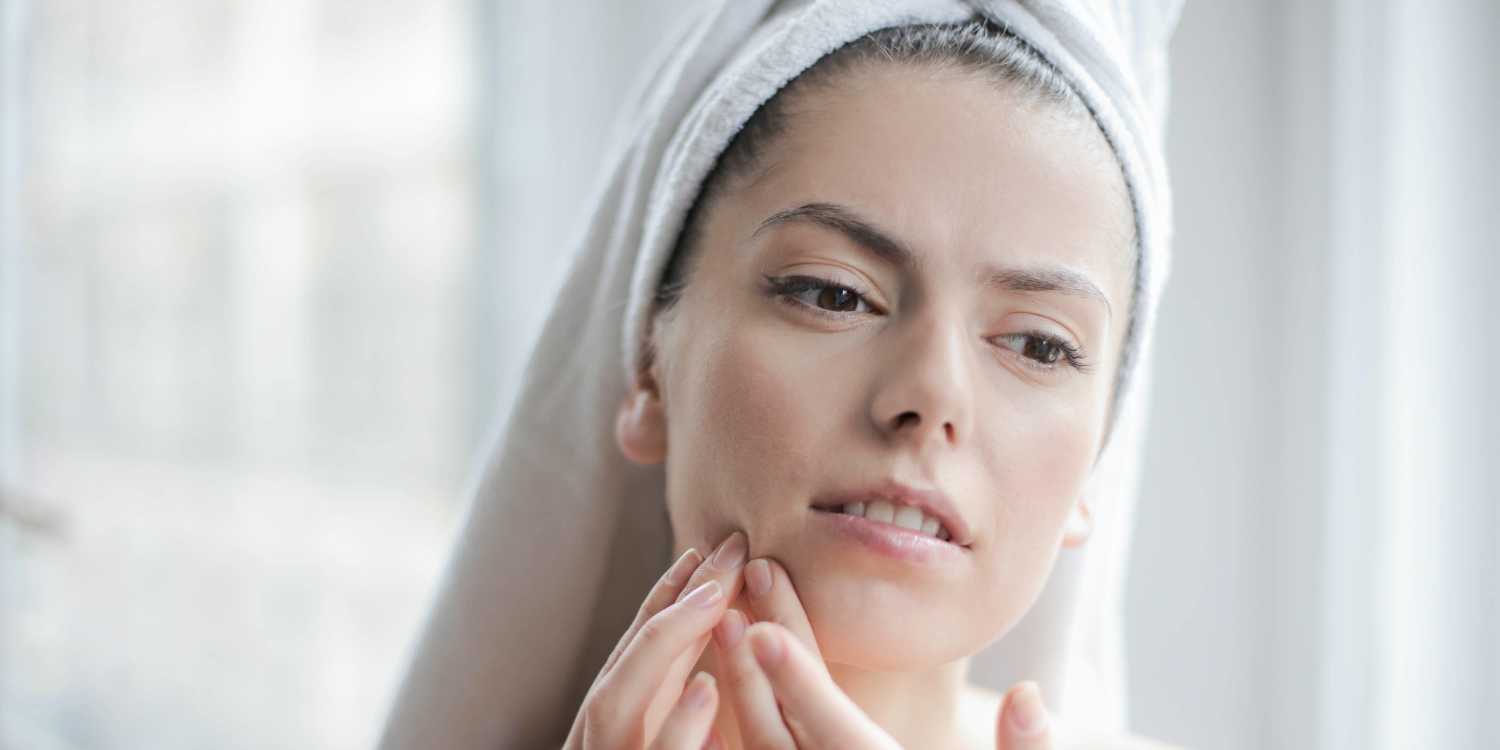
Help with skin issues online
Written on January 27, 2023 by Gillian Singer, MPH. To give you technically accurate, evidence-based information, content published on the Everlywell blog is reviewed by credentialed professionals with expertise in medical and bioscience fields.
Table of contents
- Treating skin issues via telehealth
- Who benefits from telehealth?
- Common skin problems
- Everlywell’s Virtual Care Visits
- Related content
Treating skin issues via telehealth
Telehealth for skin issues typically involves a virtual consultation with a healthcare provider (HCP). The process typically includes:
- Scheduling an appointment: Patients can schedule a telehealth appointment with an HCP just as they would schedule an in-person appointment. You can schedule an appointment online with Everlywell here.
- Prepare for the visit: Patients may be asked to take photos or videos of their skin condition and upload them to a secure platform for the HCP to review prior to the virtual consultation. Take note of your skin concern, such as when it started, how long it’s been a problem, etc.
- Virtual consultation: During the virtual consultation, the HCP reviews the patient’s medical history, symptoms, and images or videos of their skin condition. They may also conduct a virtual examination, asking the patient to move the camera or device around to show different angles of their skin.
- Diagnosis and treatment plan: After the examination, the dermatologist can provide a diagnosis and recommend a treatment plan, which may include topical creams, oral medications, or other therapies.
- Follow-up visits: The HCP may recommend follow-visits.
Who benefits from telehealth?
Telehealth can be beneficial for those who live in rural places or have mobility issues, as well as for people who are unable to take time off work or school for an in-person visit with an HCP. It also allows you to receive medical counseling in the comfort of your own home.
Common skin problems
Some common skin issues include acne, eczema, psoriasis, rosacea, and rashes.
Acne
Acne is often characterized by the appearance of pimples, blackheads, and whiteheads on the skin of the face, chest, and/or back. There are many treatment options for acne, some of which can be prescribed via telehealth.
Treatments for acne will vary greatly from person to person and often need to be individualized according to the types of acne you have, your skin type, etc. Treatments include topical medications, oral medications, chemical peels, and microdermabrasion.
Eczema
Per the National Eczema Association, “Eczema is an inflammatory skin condition that causes itchiness, dry skin, rashes, scaly patches, blisters, and skin infections. Itchy skin is the most common symptom of eczema” [1].
Psoriasis
Psoriasis is a chronic autoimmune condition that often results in red, scaly, and itchy skin. Psoriasis affects more than 3% of the US adult population [2]. The National Psoriasis Foundation offers, “Although there is no cure, there are more effective treatments for psoriasis today than ever before” [3].
Rosacea
Rosacea is “a long-term inflammatory skin condition that causes reddened skin and a rash, usually on the nose and cheeks” [4]. Treatment may include topical creams/gels/ointments, oral medications, and retinoids [4].
Rashes
The American Academy of Dermatology Association says “Rashes can appear as blotches, welts, or blisters; they can be red, itchy, scaly, or dry; and they can occur in one area of skin or all over the body. In addition, some rashes may come and go, while others never seem to go away” [5].
Everlywell’s Virtual Care Visits
With Everlywell's telehealth option for virtual care visits, you are just three simple steps away from talking to a provider:
- Create your profile online, fill out your medical history, and check to see if your insurance is accepted.
- Schedule your online visit.
- Receive a care plan to address your needs and symptoms, which may include testing, prescriptions, and lifestyle recommendations.
Depending on your insurance, you may pay between $10-$60, and many major insurance plans are accepted.
Related content
Online help with changes in hair texture
What if I need a lab test after my telehealth visit?
Keto diet and intermittent fasting: should you use both at the same time to lose weight?
Things to avoid when you have a UTI: what you need to know
Understanding Acne: What Causes It, and Skincare Tips That Can Help
References
- What is eczema? National Eczema Association. URL. Published December 2, 2022. Accessed January 22, 2023.
- Armstrong AW, Mehta MD, Schupp CW, Gondo GC, Bell SJ, Griffiths CEM. Psoriasis prevalence in adults in the United States. JAMA Dermatology. URL. Published August 1, 2021. Accessed January 22, 2023.
- Psoriasis: Causes, triggers, and treatments. The National Psoriasis Foundation: National Psoriasis Foundation. URL. Accessed January 22, 2023.
- Rosacea. National Institute of Arthritis and Musculoskeletal and Skin Diseases. URL. Published December 11, 2022. Accessed January 22, 2023.
- Rash 101 in adults: When to seek medical treatment. American Academy of Dermatology. URL. Accessed January 22, 2023.